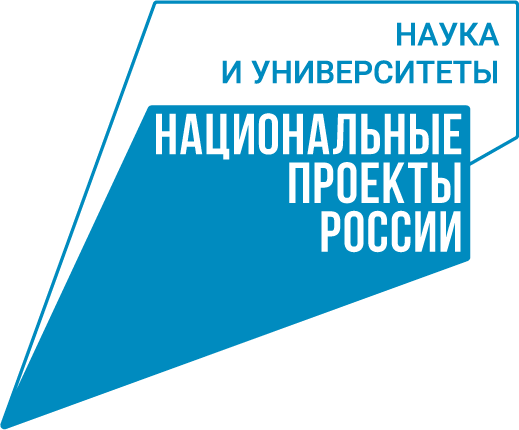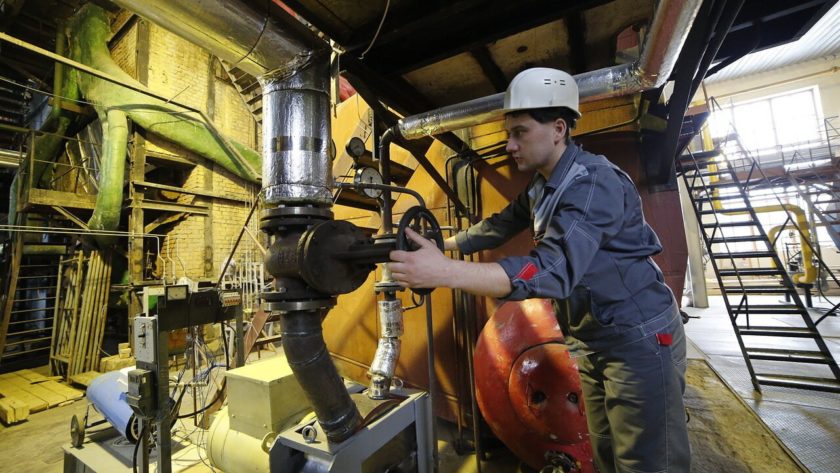Ural Interregional Research and Educational Center for Advanced Production Technologies and Materials has been recognized as a leader among research and educational centers nationwide. This announcement was made by the Council of World-Class Research and Education Centers, chaired by Dmitry Chernyshenko, Deputy Chairman of the Russian Government. This prestigious designation positions the Ural REC to compete for a significant federal grant for development in 2024.
Spanning the Sverdlovsk, Chelyabinsk, and Kurgan regions, the Ural REC is overseen by a supervisory board led by Vladimir Yakushev, the Presidential Envoy to the Ural Federal District.
“The inclusion of the Ural REC in the elite group eligible for maximum federal funding underscores the remarkable achievements of Ural scientists. However, we must not become complacent; we must continue our pursuit of innovative research. Our goal is to generate developments that will secure our nation’s technological sovereignty,” stated Vladimir Yakushev.
Under the guidance of Governor Yevgeny Kuyvashev, an innovative ecosystem is being cultivated in Sverdlovsk Oblast, integrating the scientific expertise of the Ural REC with the technological capabilities of local industries. In a recent decision, the governor appointed first deputy Alexey Shmykov to oversee scientific and technological advancement as well as intellectual property matters in the region.
“The region is committed to providing systematic support for scientific and industrial collaboration. Each year, 100 million rubles are allocated from the Sverdlovsk Oblast budget to advance the Ural REC. These funds are directed toward offsetting costs associated with translating research and experimental design into industrial applications. By merging scientific organizations with the real economy, we are bolstering our country’s technological independence,” remarked Alexey Shmykov.
The Ural Interregional Research and Educational Center serves as a hub for scientific-industrial cooperation aimed at executing world-class projects while also acting as a training ground for highly skilled specialists, including internationally recognized engineers.
Currently, the center is engaged in projects spanning aerospace, new materials, energy, and transportation, uniting university researchers, academic institutions, industrial partners, and government agencies. Notable initiatives include advancements in permanent magnet production in collaboration with Rosatom, geodetic instruments from UOMZ, a separator for ore enrichment, a firewall for industrial computer systems, and the design of components for cutting-edge aviation technology, along with solutions for inductive heating equipment in manufacturing facilities.
By Dmitry Benemansky

